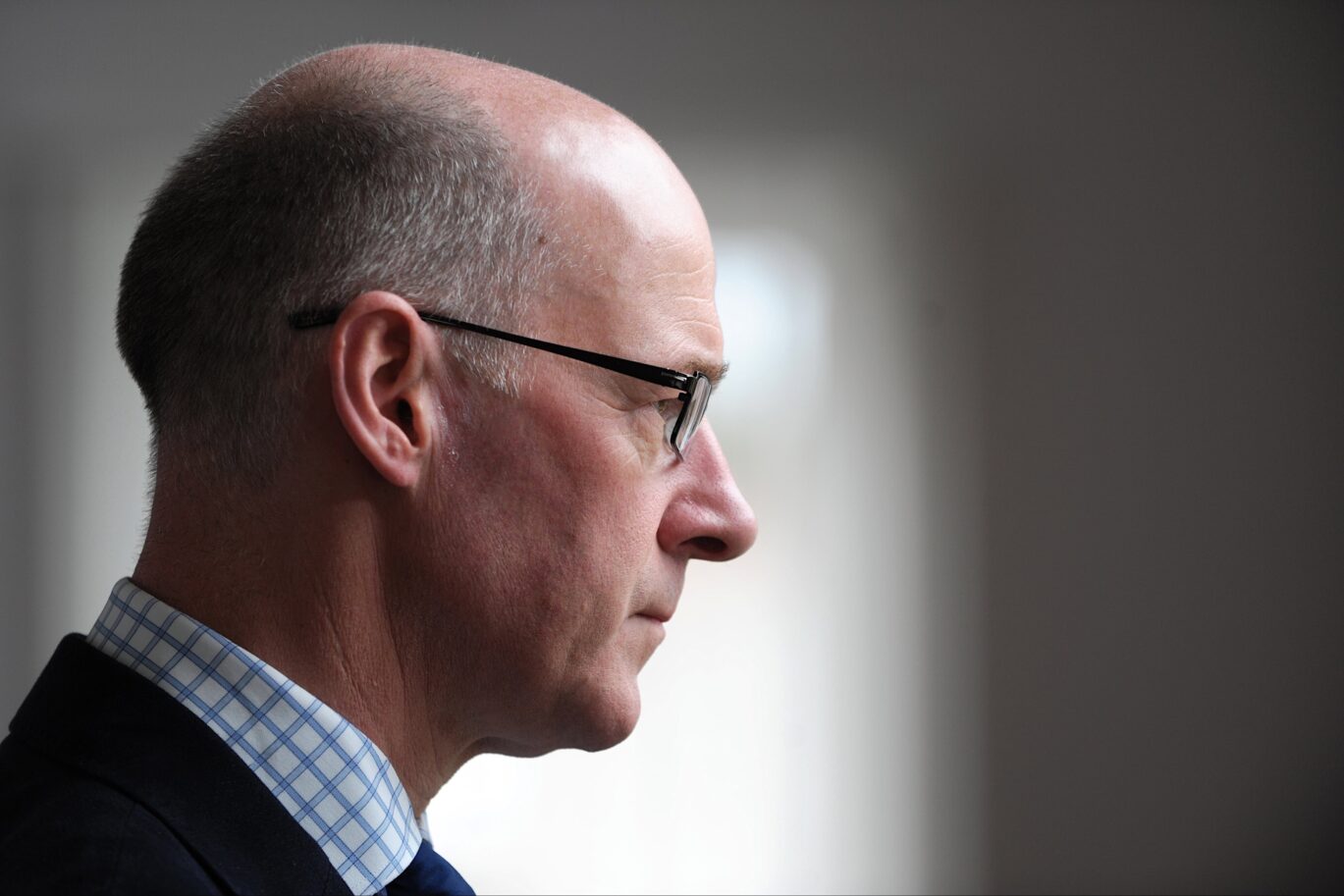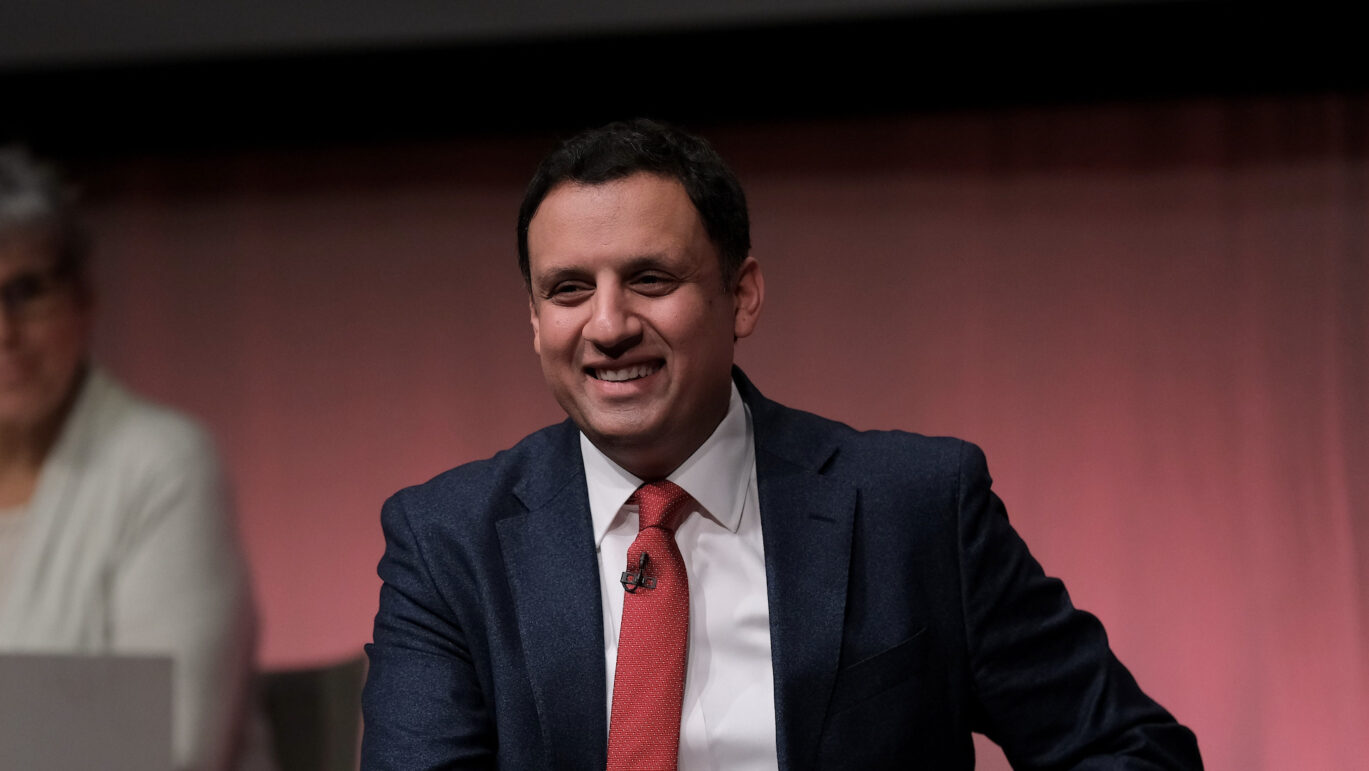
- Insight & Analytics
- Political Analysis
- SNP
Policy Priorities for the Scottish Government
A key theme that emerged from Humza Yousaf’s Programme for Government announced yesterday afternoon is that a strong society and a strong economy are mutually reinforcing – “economic growth goes hand-in-hand with tackling poverty.” This is the political ground that Keir Starmer’s Labour Party are seeking to inhabit ahead of next year’s UK General Election and, interestingly, the ground Kate Forbes claimed in her recent bid for the SNP leadership. The First Minister was in reflective mood, sharing family anecdotes and revealing more of his personality, his values, his motivations than we have seen in the past. Yesterday we saw more of the man than the politician, and he will hope that showing a more human side will help repair currently unenviable personal ratings.
There are signs that Yousaf is making good on his early commitment to engage more actively with the business community, not least in the profile given to the recommendations of the New Deal for Business Group. Policy shifts like the announcement of potential changes to the Non-Domestic Rates system will grab the attention of businesses and let them know the FM is listening, but he will still have some distance to travel to convince the business community as a whole that he is responsive to their concerns.
Of the fourteen Bills announced, the proposed enhancements to Early Learning and Childcare provision were most widely trailed. The economic arguments for funded childcare have been well made. Prior to its introduction, there was often little benefit for households with more than one child of nursery age in having a second earner. Too many women, often with decent skills and qualifications, left the workforce for extended periods, to their own detriment and that of the wider economy. High quality childcare brings benefits for children, parents and helps drive economic growth.
Yet, as many working parents discover, accessing childcare that fits around working hours can be challenging. Places in out-of-school clubs are like hens’ teeth in some localities. The announcement that parents are to gain greater scope to manage their childcare allocation will offer improved flexibility, while increased funding to support those working in private, voluntary and independent nurseries will help address one of the main issues restricting growth in the sector.
The wider point that the First Minister didn’t spell out quite as explicitly as he might is that initiatives such as the Scottish Child Payment (which has already lifted around 90,000 children out of poverty) don’t just have an immediate impact on the quality of life of low-income families; there is ample evidence that deprivation in childhood impairs health throughout the lifecycle and affects educational attainment. Over generations, Scotland has struggled to address the entrenched problems chronic poverty creates. Ensuring an adequate income for families, extending the Best Start nutritional programme, and making it easier for parents to work and earn by funding childcare should be seen as long-term strategic investments in the wellbeing of the next generation that will pay dividends in the future, far beyond the usual short-termism of the political cycle.
A strategic approach is also evident in some of the other top-line announcements, such as the additional £15 million to support innovation and entrepreneurship, building on existing work to support Scotland’s technology ecosystem, investment in infrastructure, such as dualling the A9 and A96, the commitment to progress work on a Green Industrial Strategy, and the commitment to streamline consenting processes for renewable energy developments, both onshore and offshore, an especially welcome and timely move. The signal that the Scottish Government wants to work with the UK government on tax and financial incentives in relation to renewables reflects a shared mutual interest in securing swift progress, but also, given other references to joint working elsewhere in the statement (for instance, in relation to supporting economic growth), may hint at a greater appetite to collaborate and negotiate where there is scope to do so.
The devil will, as always, be in the detail, but also in the ability of the Scottish Government to deliver some early wins that can revive public confidence in their administration.
Keep in touch
Sign up to our newsletter.
"*" indicates required fields








